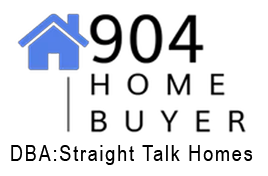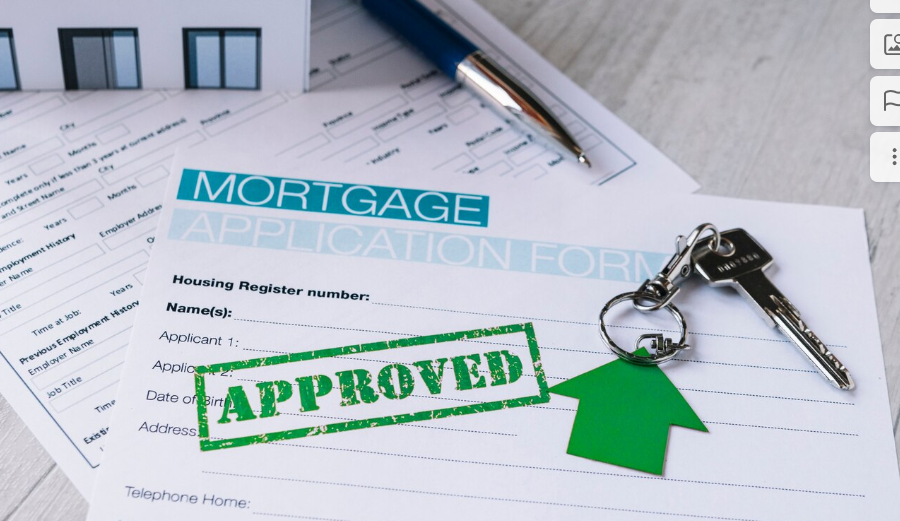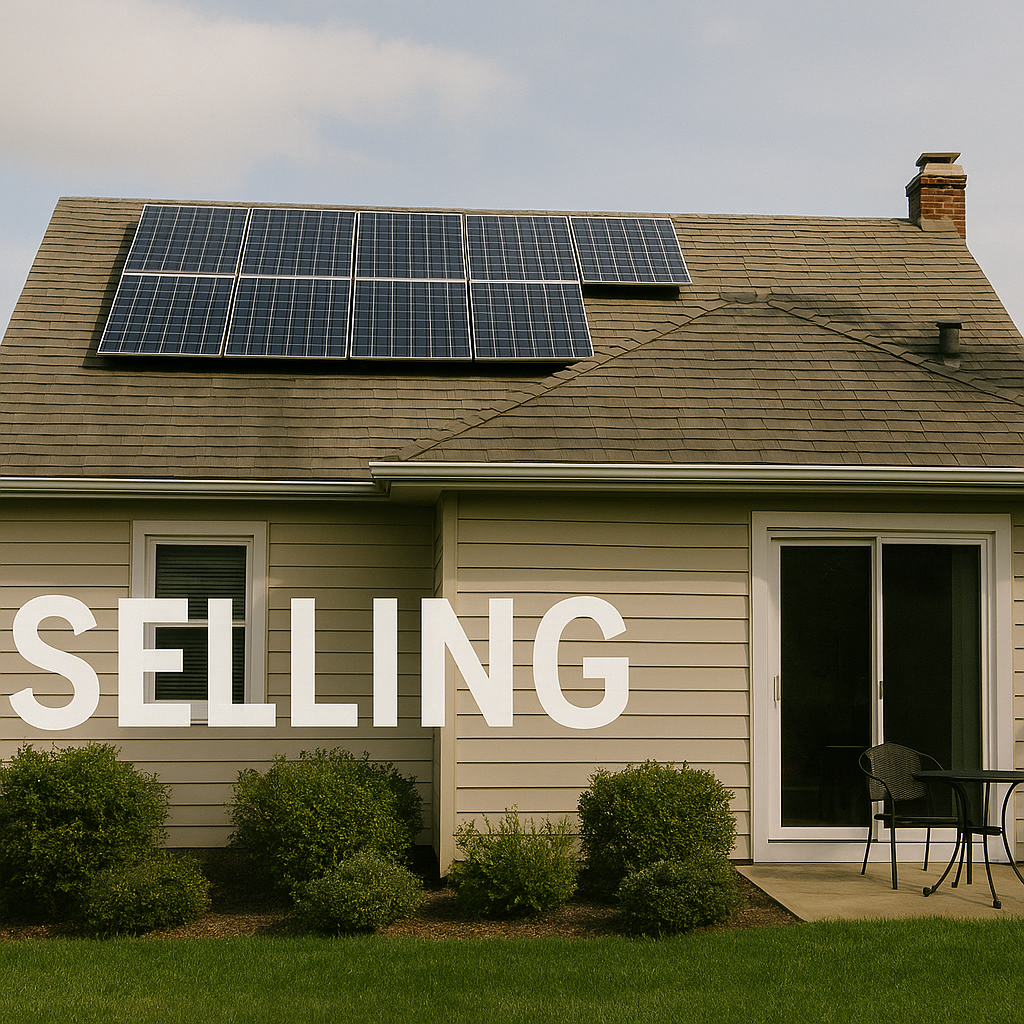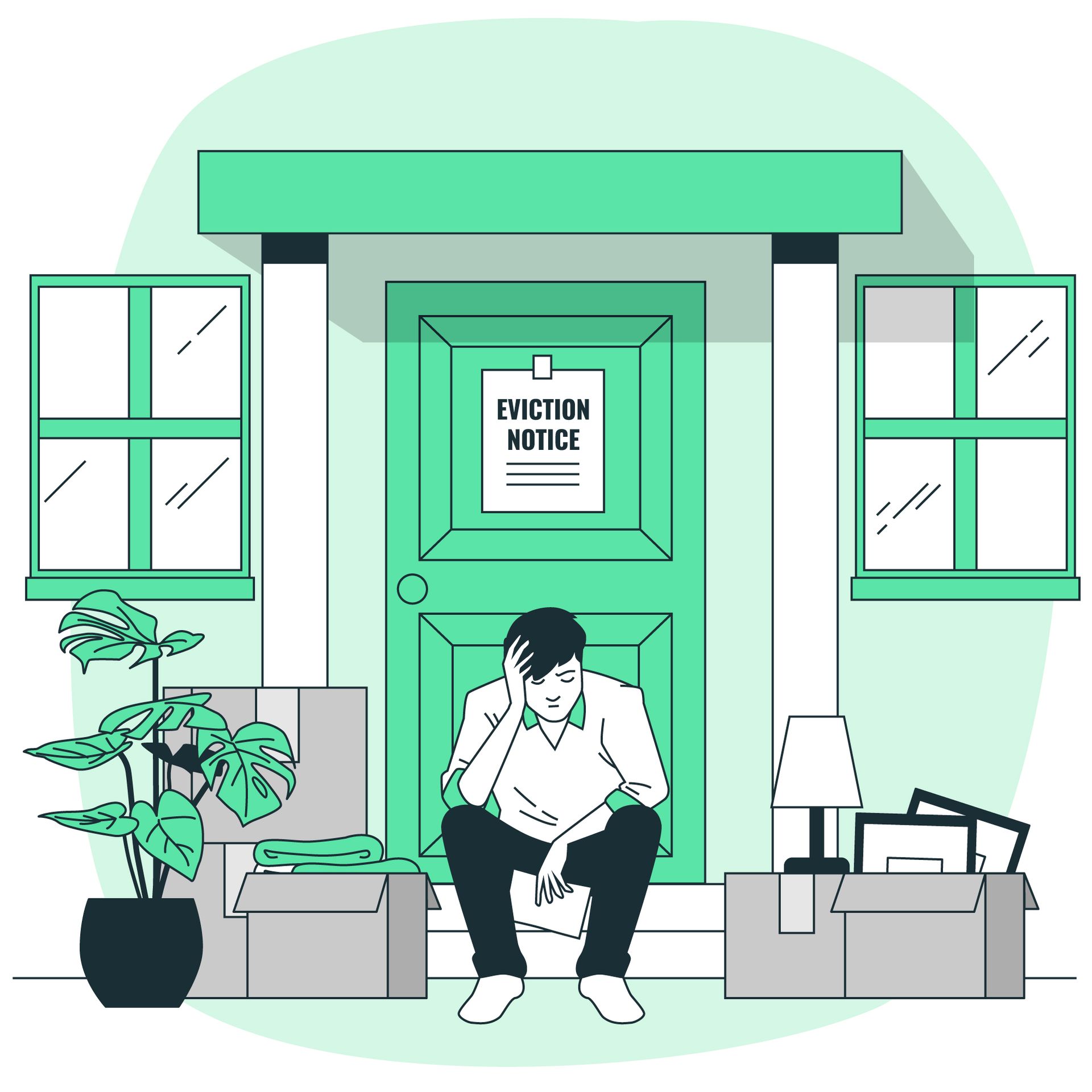Selling a Florida Home with Code Violations: What You Need to Know
Selling a Home with Code Violations? Here’s How to Navigate the Process
Selling a home is already a big task, but when code violations are involved, things can get complicated. Whether it’s an unpermitted addition, safety hazards, or structural issues, code violations can scare off buyers and slow down the selling process. But here’s the good news: selling a Florida home with code violations is absolutely possible—you just need the right strategy.
At 904 Home Buyer, we’ve worked with homeowners in every kind of situation, including those dealing with code violations.
Understanding your options—whether that means making repairs, disclosing the violations, or selling as-is—can help you sell your home quickly and without unnecessary headaches. Let’s break down what you need to know.
Understanding Code Violations in Florida
A code violation means your home doesn’t meet certain local or state building regulations. These can range from minor infractions to serious safety concerns. Some of the most common violations include:
- Unpermitted work – Adding rooms, converting garages, or remodeling without the right permits.
- Structural issues – Roofing problems, foundation cracks, or unsafe balconies.
- Zoning violations – Using a property in a way that doesn’t match city zoning laws.
- Electrical and plumbing issues – Faulty wiring or outdated plumbing systems.
- Safety concerns – Missing handrails, improper smoke detectors, or lack of hurricane protection.
If your home has one or more of these issues, you’ll need to decide whether to fix them or sell as-is.
Should You Fix the Violations or Sell As-Is?
When it comes to selling a home with code violations, you have two main options: making repairs to bring it up to code or selling the home as-is. The right choice depends on factors like cost, time, and market demand.
Option 1: Fix the Violations
If the violations are minor and affordable to fix, making the necessary repairs can help you attract more buyers and possibly sell at a higher price. Before jumping into repairs, consider:
- Cost vs. return – Will the repairs increase your home’s value enough to justify the expense?
- Time constraints – Do you have the time to pull permits, hire contractors, and wait for inspections?
- Buyers’ expectations – Some buyers prefer move-in-ready homes, while others are open to fixer-uppers.
If your violations involve unpermitted work, you may need to retroactively apply for permits, which could mean additional costs and inspections.
Option 2: Sell As-Is
Many homeowners choose to sell as-is, especially when the cost of repairs is too high or the process would take too long. This approach involves disclosing the violations to potential buyers and adjusting the price accordingly. Key things to keep in mind:
- Full disclosure – Florida law requires sellers to disclose known issues, including code violations.
- Lower sale price – Buyers will factor in the cost of bringing the home up to code.
- Cash buyers and investors – Companies like 904 Home Buyer specialize in purchasing homes with violations, making the process easier and faster.
Who Will Buy a Home with Code Violations?
A traditional homebuyer using a mortgage may struggle to buy a home with serious code violations. Lenders typically require homes to meet certain safety and condition standards. That’s why cash buyers, investors, and renovation specialists are often the best options. These buyers are comfortable purchasing properties as-is and handling the repairs themselves.
How to Sell a Home with Code Violations Successfully
Selling a home with code violations requires some extra planning, but with the right approach, you can still close a great deal. Here are some steps to take:
1. Get a Property Inspection
If you’re unsure about the extent of the violations, hiring an inspector can give you a clear picture of what needs to be addressed. Knowing the issues upfront helps you make informed decisions.
2. Disclose Everything
Honesty is key. Florida law requires sellers to disclose known defects, and failing to do so could lead to legal trouble down the road. Be upfront about violations so buyers know what they’re getting into.
3. Adjust Your Pricing Strategy
A home with violations won’t fetch the same price as a fully compliant home, so be realistic about pricing. Research similar sales in your area, and factor in repair costs when setting your price.
4. Market to the Right Buyers
Not all buyers are looking for a move-in-ready home. Targeting cash buyers, house flippers, and investors can help you sell faster. Many of these buyers see potential in fixer-uppers and aren’t deterred by violations.
5. Work with a Cash Buyer for a Fast, Hassle-Free Sale
If you want to skip the stress of repairs and negotiations, working with a cash home buyer like 904 Home Buyer can be a smart move. Cash buyers offer:
- Quick closings – No waiting for financing approvals.
- As-is sales – No need to make costly repairs.
- Fewer complications – No failed inspections or last-minute buyer dropouts.
Final Thoughts
Selling a Florida home with code violations doesn’t have to be overwhelming. Whether you decide to fix the issues or sell as-is, understanding your options can help you make the best choice for your situation. If you need a fast, stress-free way to sell your home without dealing with repairs, 904 Home Buyer is here to help.
Reach out today for a no-obligation offer and see how simple selling your home can be.

Salim Omar
Salim is a straight-talking CPA with 30+ years of entrepreneurial and accounting experience. His professional background includes experience as a former Chief Financial Officer and, for the last twenty-five years, as a serial 7-Figure entrepreneur.









